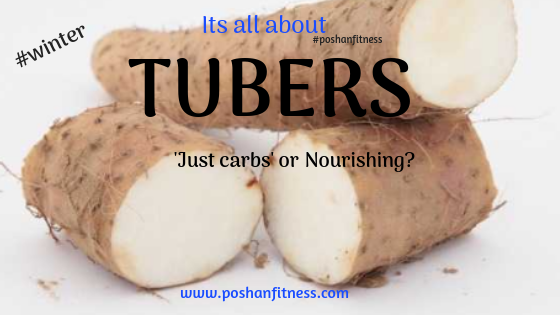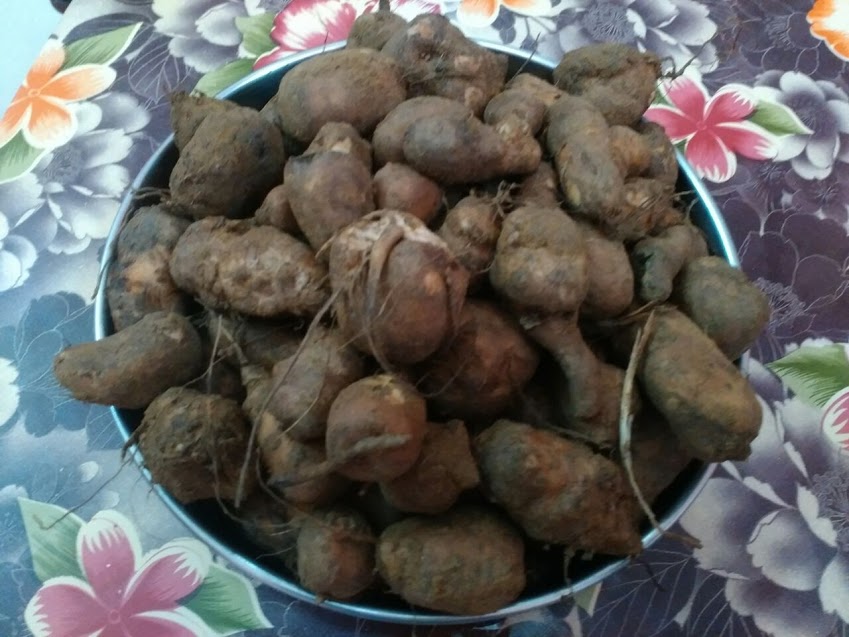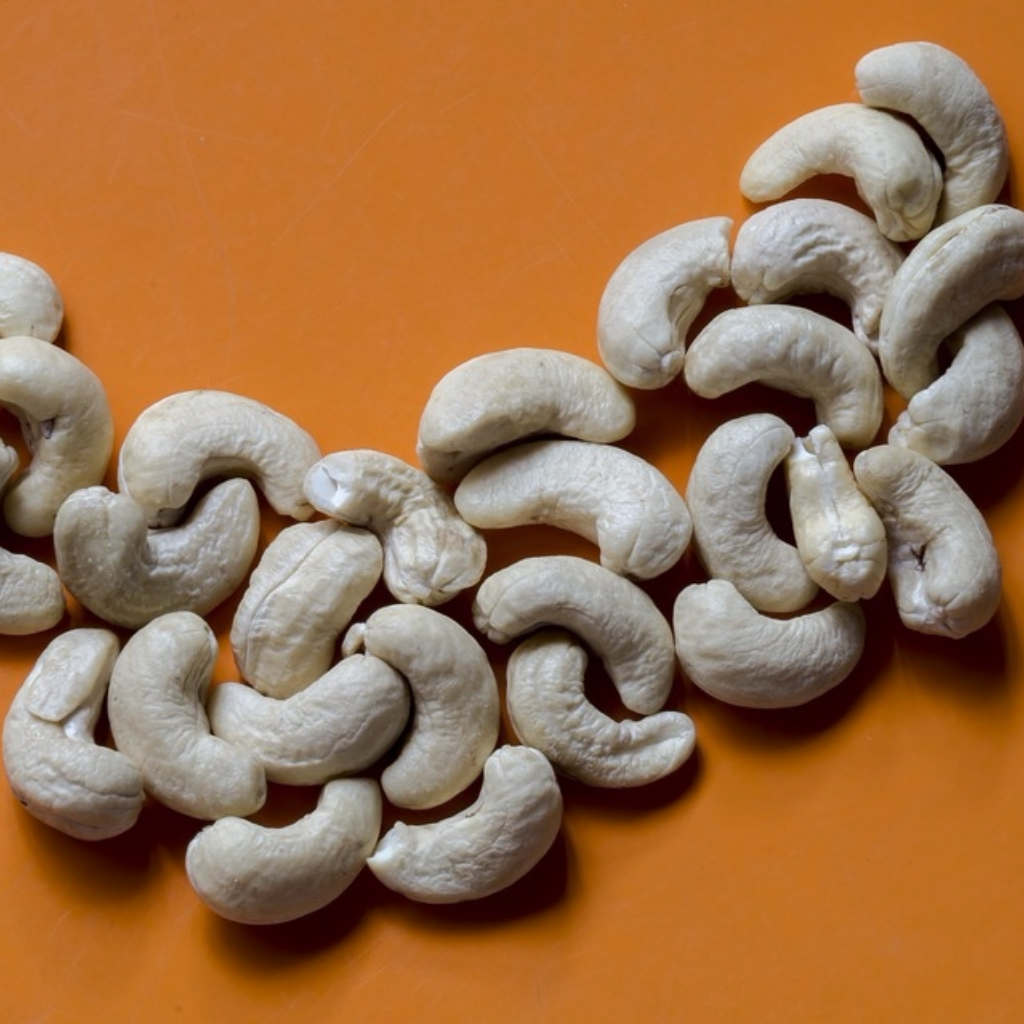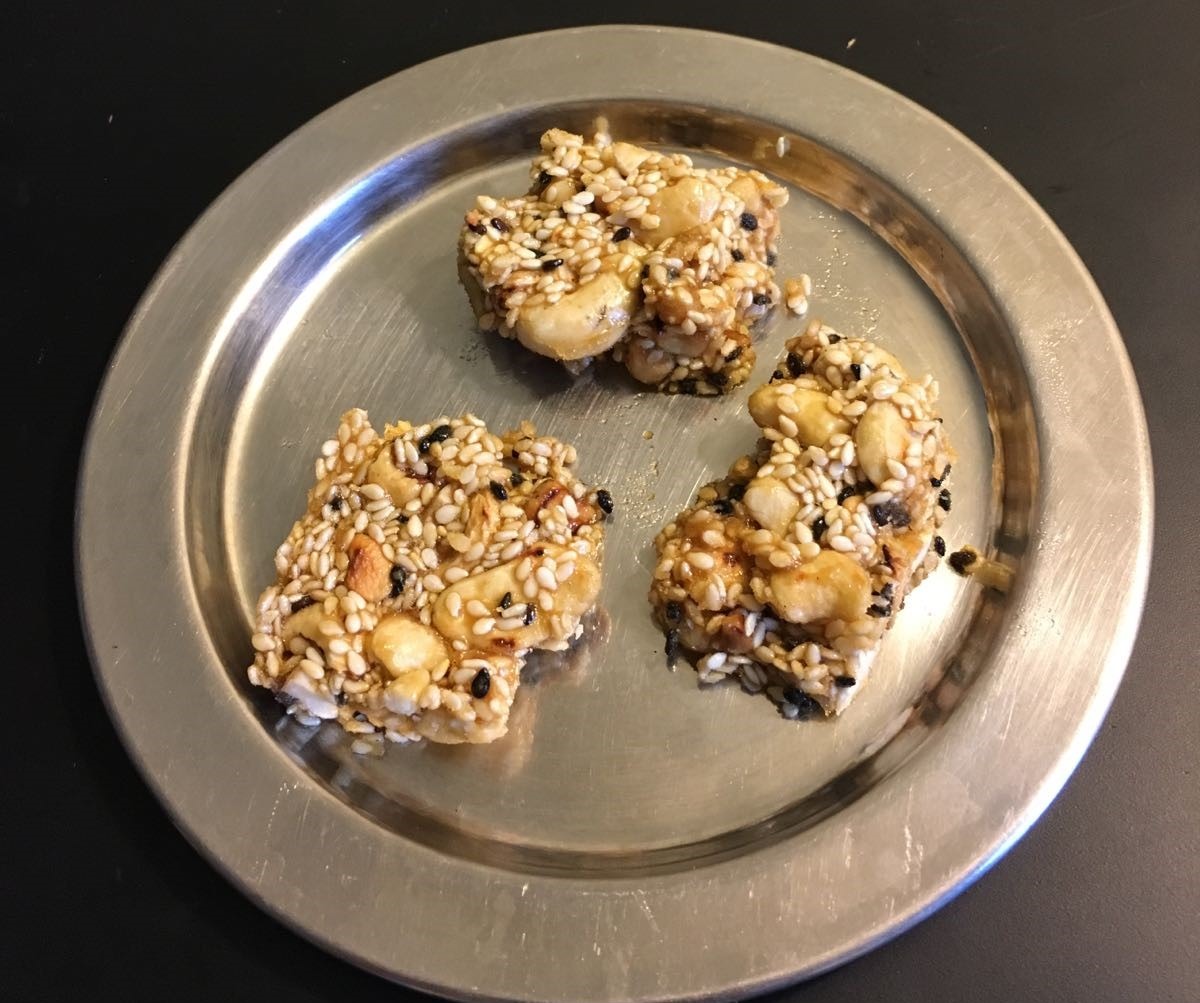Most vegetables and fruits are now available throughout the year . Hence it is not so easy to know what grows and what to eat during winter. Winter Grocery list and seasonal eating guide and the downloadable PDF help you end that confusion , even if you live in India or outside.
Why should you eat according to season ?
The gut bacteria in our body varies as per the season. It will not be the same in the summer and the winter.
A deer that eats green leaves during spring summer will eat the barks of trees during winter. If it tries eating the bark during summer, it will end up with digestive issues.
Similarly, if we eat spring or summer foods during winter, we will also end up having digestive issues, blood sugar imbalances, hormonal problems, lowered immunity and other health issues. Winter by itself comes with its own woes . These woes can be reduced to a large extend by eating according to the season.
Here is a comprehensive list of vegetables, fruits, nuts +seeds, spices, grains and pulses to be included in winter.
Tastes to favour – Sweet, salt, Sour, dense( starchy), oily, moist and hot.
Things to avoid – Raw veggies, salads, smoothies, chips, caffeine, energy drinks, refined ultra processed food, processed breakfast cereals and cold food like ice cream, slushies, soda etc .
M – If winter is mild for you or if you live in a tropical area, have these vegetables/fruits . If you have a harsh winter, save those for Spring.
* denotes the foods it is a winter superfood.
Fruits
Fruits should never be combined with the main meal, or be ground into juice or smoothies. Have fruit by itself as a snack.
- Banana
- Tangerine *
- Persimmon
- Dates *
- Figs
- Tomato ( yes, tomato is a fruit)
- Oranges *
- Grapefruit
- Lemon
- Lime
- Pomegranate *
- Berries (M)
Avoid grapes, mango, water melon, cantaloupe, cherries, plums and peaches during winter.
Cooking oils
- Sesame oil *
- Ghee *
- Avocado oil *
- Mustard oil *
Coconut oil is suitable for mild winter and if you traditionally cook with it .
Always avoid refined oils like sunflower oil, canola oil, corn oil, soybean oil/vegetable oil and rice bran oil .
Vegetables
Avoid bitter gourd, raw greens, salads and cucumbers.
Go for the vegetables that grow near you and not around the globe. Visit a farmer’s market or a farm near you.

Cook these vegetables into a stir fry or any local recipe of your region.
- Avocado
- Pumpkin *
- Squash
- Ash gourd/Winter melon *
- Peas
- Brussel sprouts
- Onion
- Carrot
- Okra/Ladies finger
- Yucca/Tapioca
- Potato ( Go for Organic variety)
- Taro root/Chembu/Arbi *
- Chinese potato/Koorka *

- Arrow root/ Koova *
- Purple yam/Kaavithu *
- Elephant yam/Chena *
- Plantain
- Turnip
- Radish *
- Sweet potato
- Corn ( Over 93% of Corn in the US is Genetically modified. choose Organic , non gmo variety)
- Mustard Greens *
- Flat beans/ Avarakka
- Methi/Fenugreek leaves
- Spinach ( M)
- Dill leaves ( M)
- Cabbage ( M)
- Cauliflower (M)
- Bell Peppers (M)
- Garlic
- Ginger *
Grains
- Rice
- Wheat *
- Amaranth *
- Corn ( Choose only organic non gmo variety)
- Finger millet/Ragi ( cooked with ghee or milk )
- Little millet / Samai/ Chama
- Buckwheat *
- Pearl millet/Bajra /Kambu *
Avoid Jowar/Sorghum and Thinai/Foxtail millet during winter.
Pulses/Legumes
Most pulses and legumes are good or winter as long as they are soaked and cooked well. Soak the pulse for 6-8 hours in water and discard the water. Cook it generously with spices and pair with rice/wheat/any grain listed above.
If your tummy finds it difficult to tolerate pulses, go for the split and husked variety. ( for eg : yellow moong dal instead of green moong ).
Nuts + seeds

- Almonds
- Flax seeds *
- Brazil nuts
- Sesame seeds *

- Sunflower seeds
- Cashew (Fall/early winter)
- Garden cress seeds/Aserio/Aliv
- Coconut
- Pistachio
- Walnuts
- Pecan
Spices
Be generous with spices in your winter diet. It is important to temper spices over food . They regulate your digestive fire and keep your immunity higher. Small amounts of home-made pickles or preserves that does not contain Class ii preservatives or additives are good to be a part of winter diet.
Jaggery and honey are warming and good for winter. Honey should never be mixed with any food that is above 40C or 104F.
- Pepper *
- Ginger *
- Nutmeg
- Saffron
- Cinnamon *
- Cardamom
- Fennel
- Dill *
- Cumin
- Turmeric *
- Mustard
- Coriander
- Clove
Raw/ Unpasteurized, Grass-fed Dairy
- Butter
- Ghee *
- Milk
- Yogurt
- Buttermilk *
- Cottage cheese/ Paneer
- Cheese
- Cream
Meat
Most meats are good for winter as long as they are under 20% of your weekly diet.
Winter is a good time to increase physical activity and flexibility. This will help in reducing depression, joint pains and SAD(seasonal affective disorder) that usually comes with winter and its gloomy days.
When days are dark outside, its better to look inwards and find the light inside.
Interested in losing fat and balancing hormones sustainably? Check out our programs
